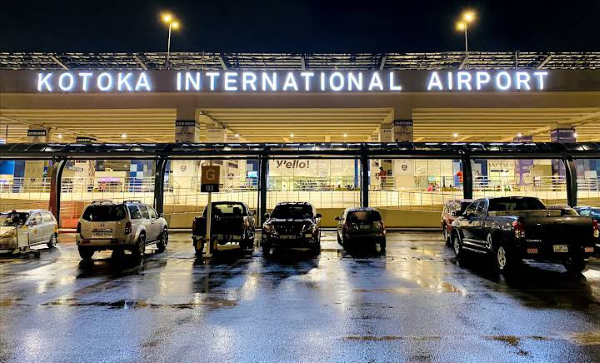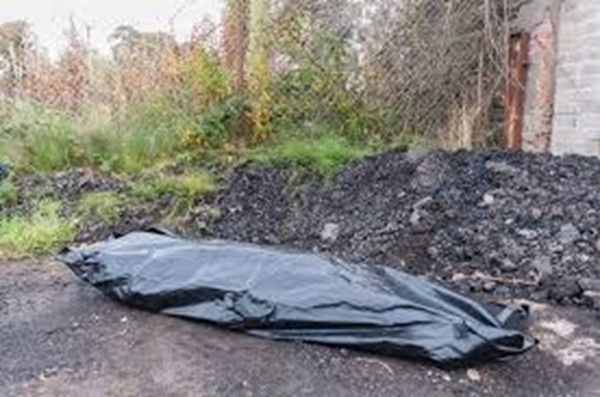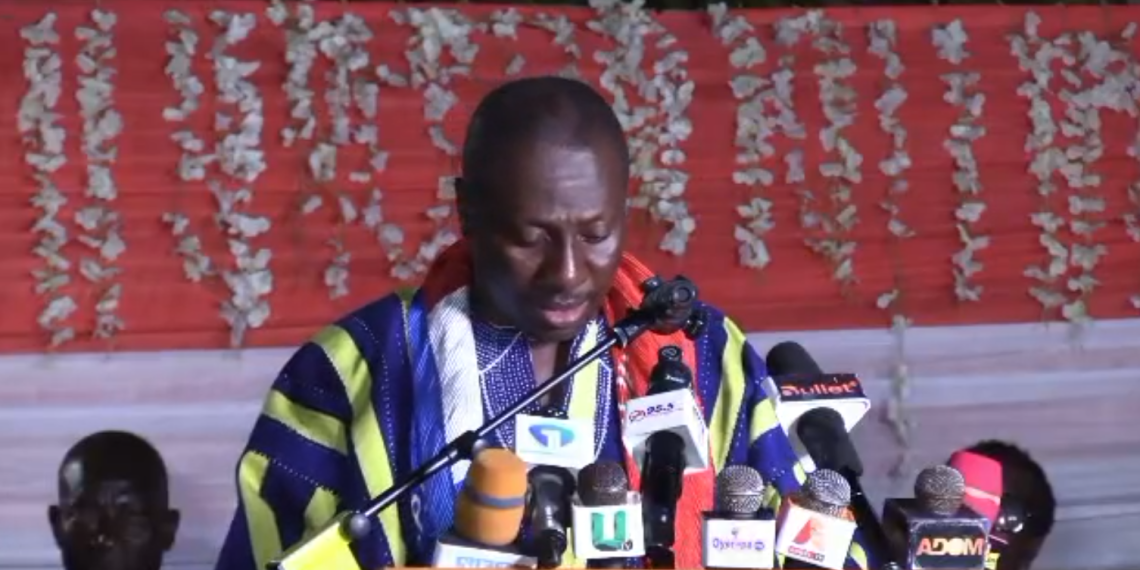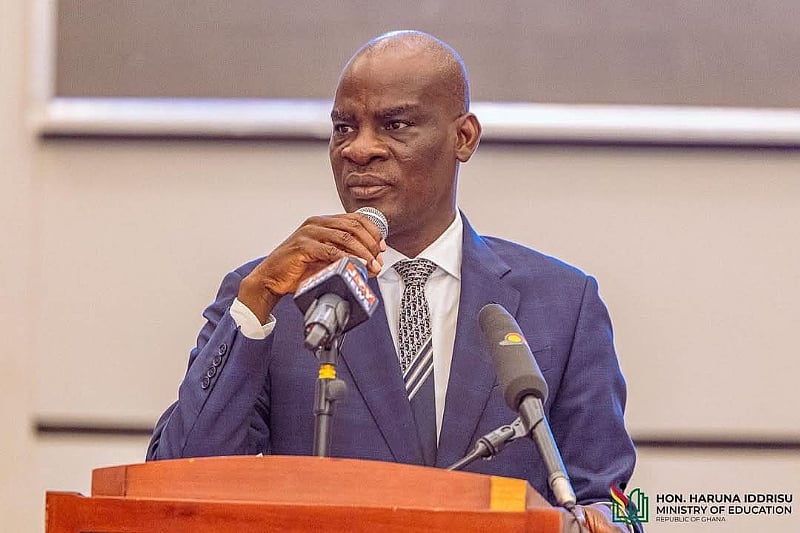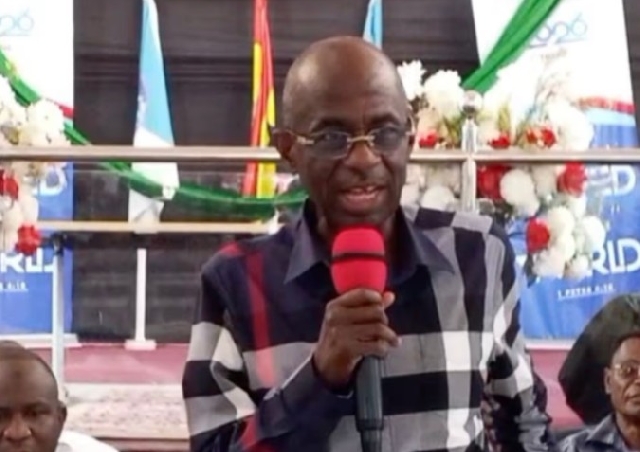Conspiracy-fuelled riots sizzle on the streets of Amsterdam and Rotterdam and the Dutch cabinet has collapsed in a racist child benefit scandal. We are the last country in Europe to start vaccinating and have the second highest wealth inequality in the rich world. Our print media is owned by just two corporations and we are performing worse on climate change than our European neighbours. My adopted home likes to present itself as the prefect of Europe. But in reality, the Netherlands is a mess. Yet polls say that the shambolic ruling party, the Liberal Party (VVD), is set to gain seats in the national election on 17 March. Its leader, prime minister Mark Rutte will likely lead his fourth consecutive cabinet and his nearest rival, Geert Wilders, who wants to ban the Koran and deport Muslims, is also set to gain seats. I first moved to Amsterdam from the UK in 2004, and have lived here on and off with my Dutch partner ever since. I’ve often wondered “wtf is going on in this country?” With the election looming, I decided to find out. Netherlands in Revolt In January, violent riots broke out across the country. Instigated by fascists, conspiracy theorists and football hooligans, the early protests also included many people – including a friend of ours – who weren’t necessarily on the ultra Right, but who strongly objected to the first night-time curfew – an anti-COVID measure – since the Nazi occupation of the Second World War. Later on, in some areas, young people of Turkish descent also came out on the streets and caused damage. Though both extreme Right parties – Geert Wilders’ Party for Freedom (PVV) and Thierry Baudet’s Forum for Democracy (FvD) – have been criticised for initially spurring the riots on, both later blamed the violence on Turkish youths and ‘mass immigration’, and Wilders even called for the army to be brought in. Football hooligans who had been rioting earlier then came out to ‘protect their cities’ from other rioters. In some cities, police reportedly got these hooligans to help them (a claim that the police later denied, despite a local mayor saying he was ‘proud’ of the fans’ support). The idea that the riots were an immigrant problem was repeated by the media, and stuck. My partner, Erik, and I had been spending the winter in the countryside in the province of North Brabant, where much of the destruction took place. In a conversation between Erik and our landlord there, the landlord – a teacher in further education – said “luckily there aren’t any foreigners walking around here. Oh, except for Laura.” What is happening is what always happens in this country, we don’t talk about it. If we don’t talk about it, it does not exist Eerily, though the riots broke out only weeks ago, it already feels like they never happened. For Sylvana Simons, a former MTV presenter who is now the leader of the upstart anti-racist party, Bij1, which hopes to gain its first seats next week, this is a peculiar trait of the Netherlands. “What is happening is what always happens in this country, we don’t talk about it. If we don’t talk about it, it does not exist,” says Simons. This has led to crisis after crisis rumbling on unresolved for years. Intensive farming is producing dangerous nitrogen levels. Gas drilling by Shell and Exxon Mobil is triggering hundreds of earthquakes, wrecking homes in Groningen. Thousands of people have been bankrupted by false allegations of benefit fraud. But we’ll come to that. First, to understand what’s going on, you need to understand the country’s economic and political system. Fear, hope and discontent “There are three things that motivate voters,” says political consultant Sybren Kooistra, “fear, hope and discontent. And the extreme-Right parties are the only ones mobilising discontent”. There’s good reason for discontent. Since the 1980s, healthcare has been privatised, housing and labour markets have been deregulated. The public sector has been squashed. And this accelerated after the 2008 financial crisis. Between 2011 and 2016, Rutte-led cabinets implemented austerity measures worth €47.4bn, including big cuts to public sector pay, social security and care – even though government debt was low relative to its GDP. As a result, half the population can’t find an affordable home, and homelessness doubled between 2009 and 2019 to 40,000. A million people live below the poverty line. More than 30% of workers are in precarious jobs, the third highest proportion in Europe after Poland and Spain. There are teacher shortages and public transport is rusting. More than half of intensive care beds have gone in the past ten years. Healthcare has been privatised, housing and labour markets have been deregulated. The public sector has been squashed Simons thinks that COVID-19 was treated too much like a management problem and not enough like a social problem. “[Mark Rutte] feels like he’s the CEO of… this company called the Netherlands.” This, combined with the bureaucracy of a privatised health system, a highly decentralised administration, and a government that refuses to take decisive action that might antagonise voters, helps explain the high infection rates and the fact that the Netherlands was the last country in Europe to start vaccinating. The familiar story that no-one’s heard Such tales of economic and social carnage may sound familiar if you’re British, but they are virtually unheard of in the Netherlands. Merijn Oudenampsen, an academic who researches Dutch neoliberalism, says this has to do with the country’s particular version of proportional representation, where coalitions are formed after elections. There was no controversial Margaret Thatcher figure pushing the new settlement through. “Instead, the tradition is to depoliticise matters, and to try to frame them in a way that all parties can agree with. If you’re in a political coalition and you want your plan to be approved, it’s not very smart to highlight the ideological content of the plan.” Economic decisions were positioned outside the political terrain. “So you have this very technocratic neoliberal turn, which is not discussed in public as being a radical shift. It happened without
- +23356336062
- apexnewsgh@gmail.com
- Upper East, Ghana
Hot News


